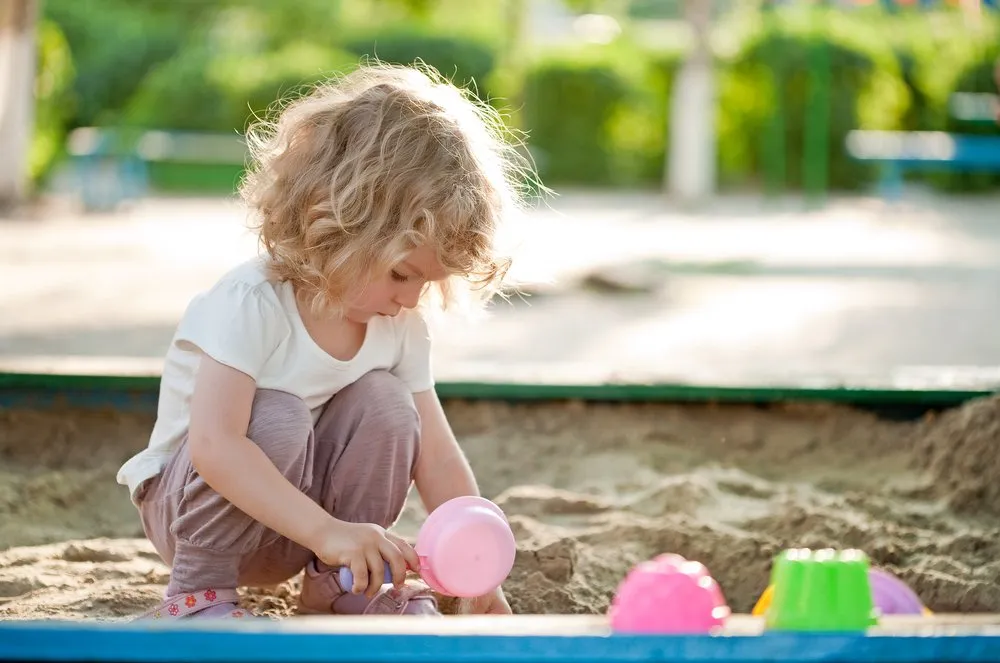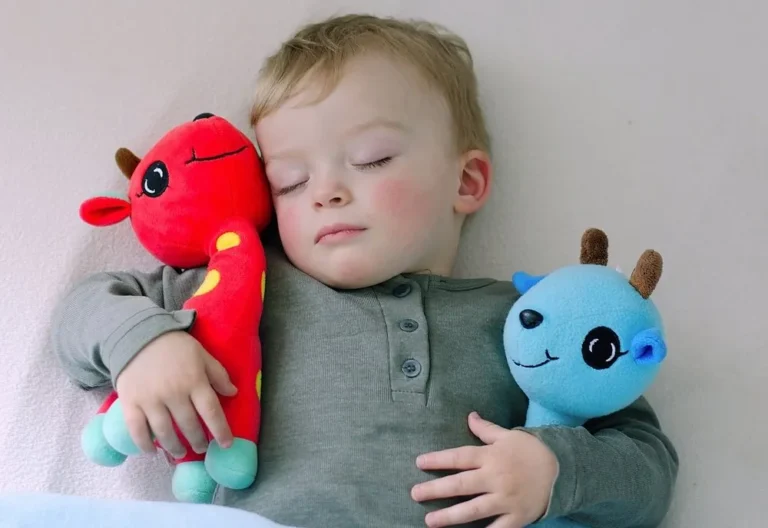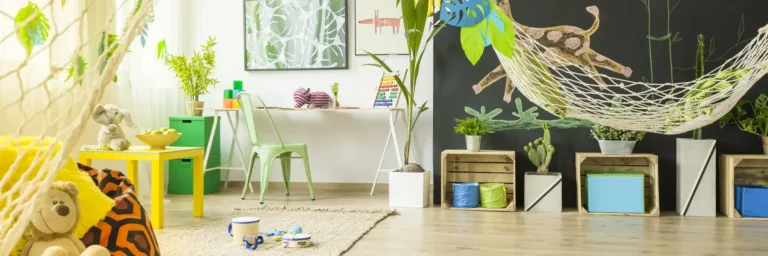
5 Surprising Benefits of Sand & Water Play for Toddlers
Play-based learning has value for toddlers, turning them into lifelong learners eager to gain new skills. Sand and water play tables are popular among this age group for good reason. Childcare centres and extended day-cares that regularly include sand and water tables in their playtime routines consider them an effective learning tool.
Here are five surprising benefits of sand and water tables that make them worthwhile for any high-quality, play-based learning program.
Develops motor skills
It’s important for toddlers to develop and exercise their fine motor skills. Learning how to hold and manipulate objects in their hands is an essential part of gaining mastery over their manual dexterity. Sand and water tables provide several different ways children can manipulate objects. From gripping mini-shovels to squishing wet sand between their fingers, each experience develops fine motor skills and hand-eye coordination.
Enhances social and emotional awareness
Social and emotional awareness can help children regulate their behaviour. It teaches them valuable life skills like cooperation, listening, and sharing with others. Children who work on their social and emotional awareness also develop deeper empathy for others. Sand and water tables provide the opportunity for children to cooperate in building a mini sandcastle, listen to others’ requests for how to use the play area, and share tools.
Improves language and speech skills
Language and speech development requires practice, which children can get by interacting with their peers and other adults. While playing with a sand and water table, children can ask each other questions and share ideas in a fun and relaxed setting. Speech and language flow naturally in a play setting, helping children become more comfortable with verbal expression. Educators can also use this as an opportunity to introduce new vocabulary words by asking children questions relating to their play.
Introduces math and science concepts
It’s never too early to introduce young learners to math and science concepts. Sand and water table play is the perfect opportunity to do so. Measuring cups can be used to teach them about measurement, volume, and weight. Adding water to dry sand and then using tools to craft wet sand into new shapes taps into both math and science. It teaches children the dimensions of shapes as well as how materials can change when introduced to other elements.
Sparks creative minds
Creative minds embrace flexibility, which can be an immense tool for problem-solving. Children who learn to manipulate the sand and water in front of them into whatever they wish become adults who tap into their imaginations to solve complex issues. Mental flexibility also supports a child’s ability to retain new information.
Choosing a play-based program
Creative Childcare Centres embrace the power of play-based learning. We offer both child-led and open-ended play opportunities that encourage little ones to engage with the objects and people in their environments. Our dedicated play spaces include sand and water tables, plus other tools that spark a child’s creativity. Contact us to book a tour or to learn more about enrolling your child in one of our three locations.



